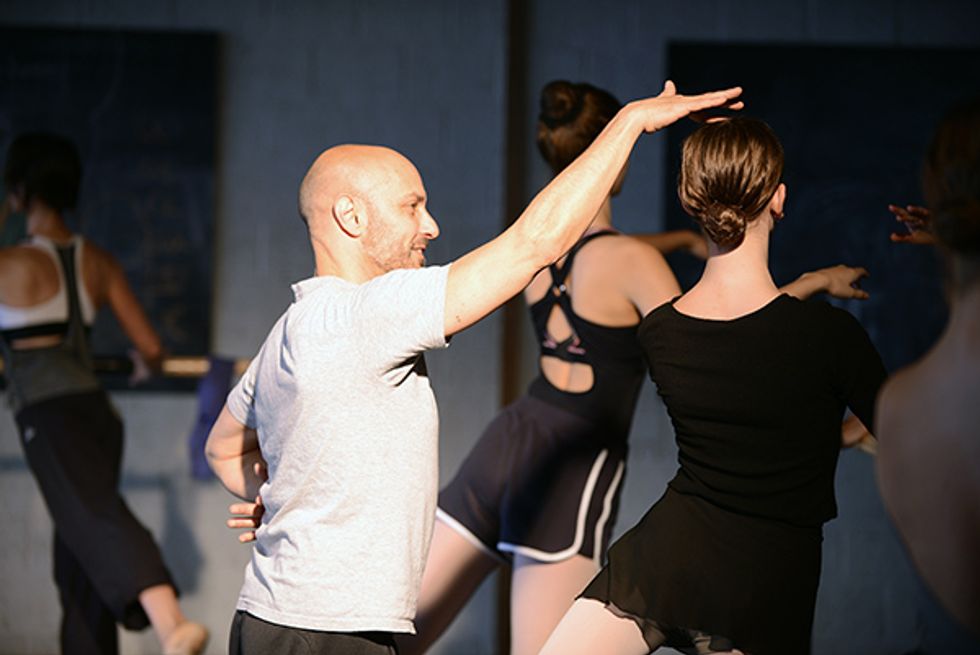Considering College in Europe? Here's What You Should Know
It’s not uncommon for college dancers to immerse themselves in a new culture for a semester abroad. But what about for their entire four years? Though it’s not a path many prospective students consider, it’s one that comes with major benefits—if you’re up for a different kind of college experience.
Q: How are European dance programs different from American ones?
A: Most university-level dance programs in Europe don’t include the academic component that American schools do. But for students whose sole focus is dance training, it’s ideal. “All the classes have been about growing as an artist,” says Trinity Laban Conservatoire of Music & Dance student Sarah Ann Taylor, who is originally from Virginia.
The grading system will likely vary from what you’re used to in America, warns Laban lecturer Naomi Lefebvre Sell. Some countries use an alternative scale, while others just measure grades differently. It may take time to understand and adjust to the new standards.

Sarah Ann Taylor, PC Keith Trodd Photography
Q: Will I have to learn another
language to attend school abroad?
A: Some dance programs in Europe are taught in English. Either way, students should make an attempt to learn the language of the country where they’ll be moving.
Q: Do I need to visit the school before
making a decision?
A: Just like in the American college admissions process, it’s highly recommended that you visit. If a trip overseas isn’t possible, research the teachers thoroughly, suggests Sell. You can also try going on a virtual tour of the campus or chatting with someone from the school on the phone.

Erica Badgeley, PC Chris Rogl
Q: Can I pursue performance opportunities while in Europe?
A: Because of student visa restrictions, you technically won’t be allowed to perform outside of your school. Be sure that you’ll be satisfied with the opportunities that your program provides.
Q: What about tuition?
A: In most European countries, college is significantly cheaper than in the U.S. German public universities are free—even for foreigners. Students usually just pay for transportation and “school maintenance” fees totaling around $350 per semester. And in the UK, most programs only last three years.
Q: What new techniques should I be prepared to learn?
A: “There is a lot of rolling on the floor,” says Taylor. If you’re planning on attending school in Europe, you may need to conquer any floorwork fears. Artesis Plantijn Hogeschool Antwerpen teacher Matteo Moles adds that in Belgium, floorwork is an essential part of training, especially a technique called “flying low.” If you’re intimidated, take a break-dancing class or find a “flying low” teacher in the U.S. to help you get comfortable with the floor, suggests recent Salzburg Experimental Academy of Dance graduate Erica Badgeley.

Matteo Moles, PC Freddy Korthoudt
Q: What are some of the benefits of studying in Europe?
A: If you already see Europe as your career destination, attending college there can give you a valuable head start. After you graduate, “you’ll have people to support you while you’re getting your work visa,” says Badgeley. “I can go to almost any country and have a place to stay.” Even if you come back to the U.S. after school, you’ll have a unique background that could make you desirable on the audition circuit.




